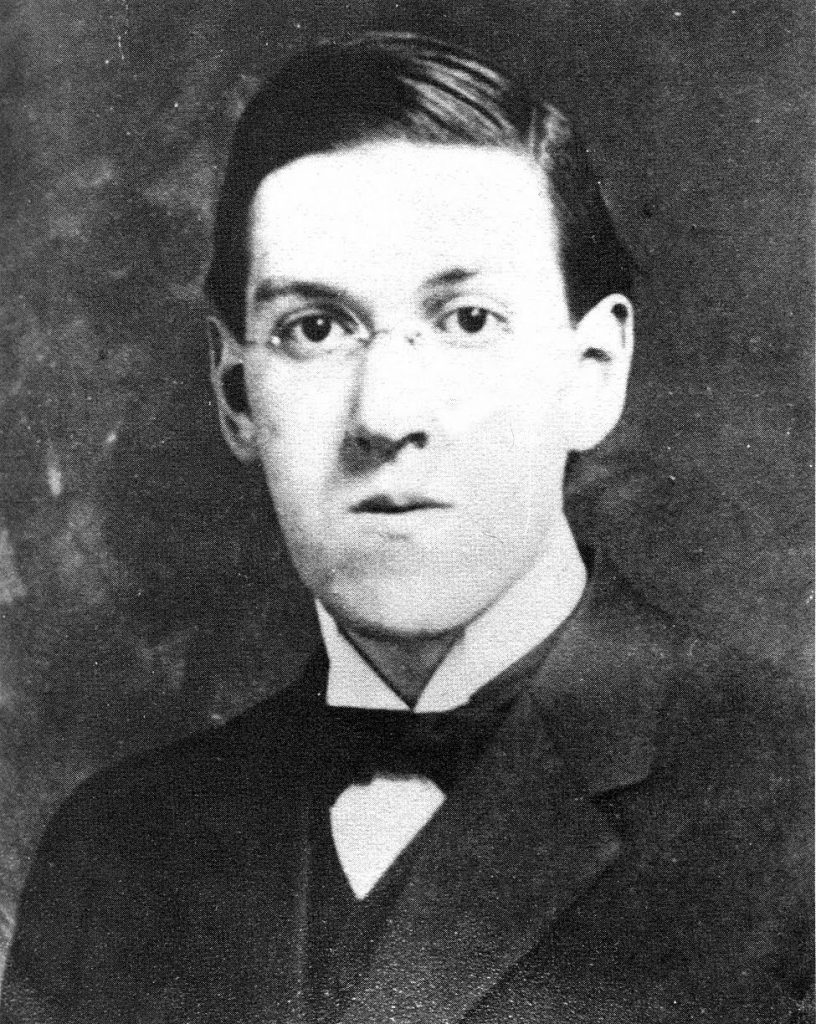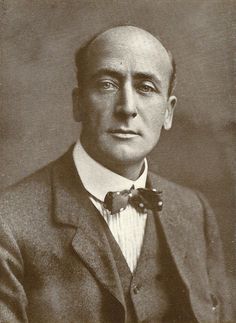Atmospheric Horror: Harder than It Seems!
Saturday , 24, February 2018 Appendix N, Authors, Fiction 7 Comments It’s extraordinarily difficult to write an effective work of horror or suspense, especially one that will be appreciated for generations to come. Most of the audience has seen dozens of slasher films featuring killings and dismemberment in gruesome detail. One can hardly shock them with that. Moreover, write a work with fantastical elements and a cynical reader will dismiss your work as childish and silly. Write a true crime work and a jaded reader will consider it droll and unimaginative.
It’s extraordinarily difficult to write an effective work of horror or suspense, especially one that will be appreciated for generations to come. Most of the audience has seen dozens of slasher films featuring killings and dismemberment in gruesome detail. One can hardly shock them with that. Moreover, write a work with fantastical elements and a cynical reader will dismiss your work as childish and silly. Write a true crime work and a jaded reader will consider it droll and unimaginative.
And yet, HP Lovecraft succeeded at doing just that. Writing in an era where the main horror films were such somnolent affairs as Nosferatu (1922), he wrote weird fiction tales that delight and surprise readers almost a century later. I don’t normally care for either horror or suspense in literature, but I’m a big admirer of his works, several of which I consider downright brilliant. Lovecraft achieved a rare feat.
How did he do it? By injecting his stories with a sense of dread at the vastness and terribleness of the universe and the Earth’s history, where humanity is but a speck, easily snuffed out. Frequently termed cosmic horror, the environment of the story itself, its atmosphere, is largely responsible for how effective and enduring it is. Dozens of articles have been written on the subject, but few, if any, have asked how difficult this is. What are the ingredients for its success, and how easy is it to replicate?
The main Lovecraft story any aspiring writer should study is Hypnos. Recommended to me by an astute reader in the comments last year, it’s a masterful little classic, and my esteem for it has only grown the more I think about it. The tale is short and the plot straightforward, and it doesn’t feature any horrific monstrosities. In fact, a large part of the appeal is how ambiguous the ending is, with the possibility that nothing fantastical has occurred at all, and the narrator is a madman. And yet, the atmosphere conveyed by Lovecraft’s word is so artfully done, so evocative, that one practically feels the desperation, sleep-deprived exhaustion, degradation, and fear of the narrator. The unnamed horror he encounters seems possible and perhaps reminds us of our own dreams.
 Now, let us look at one of the most famous tales by a man that greatly inspired Lovecraft himself. Namely, The Willows by Algernon Blackwood. It too is a short tale, about two men traveling along the Danube and encountering a malevolence in their environment. It’s not bad and has several good qualities to recommend it. And yet, it pales when compared to Hypnos, and neither conveys the experience of the narrator nor evokes such a powerful sense of eeriness. How did Lovecraft improve so much on the atmospheric horror that Blackwood, no mean writer himself, used?
Now, let us look at one of the most famous tales by a man that greatly inspired Lovecraft himself. Namely, The Willows by Algernon Blackwood. It too is a short tale, about two men traveling along the Danube and encountering a malevolence in their environment. It’s not bad and has several good qualities to recommend it. And yet, it pales when compared to Hypnos, and neither conveys the experience of the narrator nor evokes such a powerful sense of eeriness. How did Lovecraft improve so much on the atmospheric horror that Blackwood, no mean writer himself, used?
One can distill this into several components. First, Lovecraft was a genuine master of the written word. His use of description is consistently perfect. Just enough to convey a powerful image, but not so much that it interferes with the reader’s own imagination and mental picture. The way he shifts tempo throughout his story, from background information to insinuation to the direction action is also fantastic, rarely overdoing one, and always switching it up when necessary. Blackwood’s writing is not on this level. Much of his description is repetitive and parts of his tale feel stale and overdone.
Lovecraft’s tales also feature an overarching philosophy. He had an interesting perspective on life, the universe, and human civilization, and these constantly appear in his stories, whether it’s the degradation of bloodlines seen in The Dunwich Horror and The Shadow over Innsmouth or the insignificance and irrelevance of humanity in At the Mountains of Madness. This, in turn, makes them more meaningful and believable, because they’re tied to genuine beliefs, right or wrong, about the state of humanity. It also helps to avoid the perception of silliness. In Hypnos, one feels and empathizes with the plight of the characters. Who hasn’t seen something terrible in one’s dreams, especially given the drug experimentation of the protagonists? In The Willows, by contrast, I had a hard time taking evil vegetation along the Danube seriously.
Related to this, Lovecraft was wonderfully imaginative and often hit upon deep-rooted mysteries and fears at the edge of human understanding. In Hypnos, it’s the nature of dreams and their significance. In other stories, it’s our poor understanding of the history of this planet. In yet others, it’s the limits of science, and the terrors that might be revealed by delving too deeply into its mysteries. Do we, however, have a subconscious fear of being killed by plants along one of the most traversed rivers in the world? Not so much.
Again, one shouldn’t be too hard on Blackwood. He was perhaps the first writer to use atmospheric horror, and in certain ways, he succeeded. It’s notable that many of the post-Lovecraft writers who wrote stories about his cosmic creations didn’t even try to use atmospheric horror. Or in some cases, even understand what the hell it is.
And while I doubt this article will turn any of you into weird fiction writers as good as Lovecraft, at least you now have an advantage over those hacks and DO understand what the hell it is!
I know that I’ll never be as good as Lovecraft or Blackwood, but at least I appreciate what atmospheric horror is and how they used it. As you point out, many writers don’t understand it or use it. Why, it’s as if they’ve never actually read any of Lovecraft’s work at all.
Nah, nobody would ever critique a writer without reading his work, would they?
I guess that both “The Willows” and “Hypnos” are similar, if in nothing else, in that they leave that possibility of purely psychological interpretation. Somehow, given how Freud’s “The Uncanny” seems to have resurfaced as the ur-text of weird fiction interpretation, I dread to imagine what modern academia made out of those stories. “Real horror is that of repressed homosexuality.”
I really like “The Willows” by the way. It is masterful in its build-up and the sense isolation that it creates. Would make for a potentially great slow-burn horror flick (one that would also cost peanuts to make).
I strongly disagree with your comparison. In atmospheric horror, in evoking a powerful sense of eeriness, I think Blackwood was actually superior to Lovecraft. In The Willows, the narrator’s dread, the supernatural menace of those trees along the Danube, is more memorable to me than many of Lovecraft’s stories. Perhaps it’s because I read it a very young age, in primary school. Other outstanding atmospheric stories by Blackwood are The Damned, Ancient Sorceries, The Man Whom the Trees Loved, The Valley of the Beasts, etc.